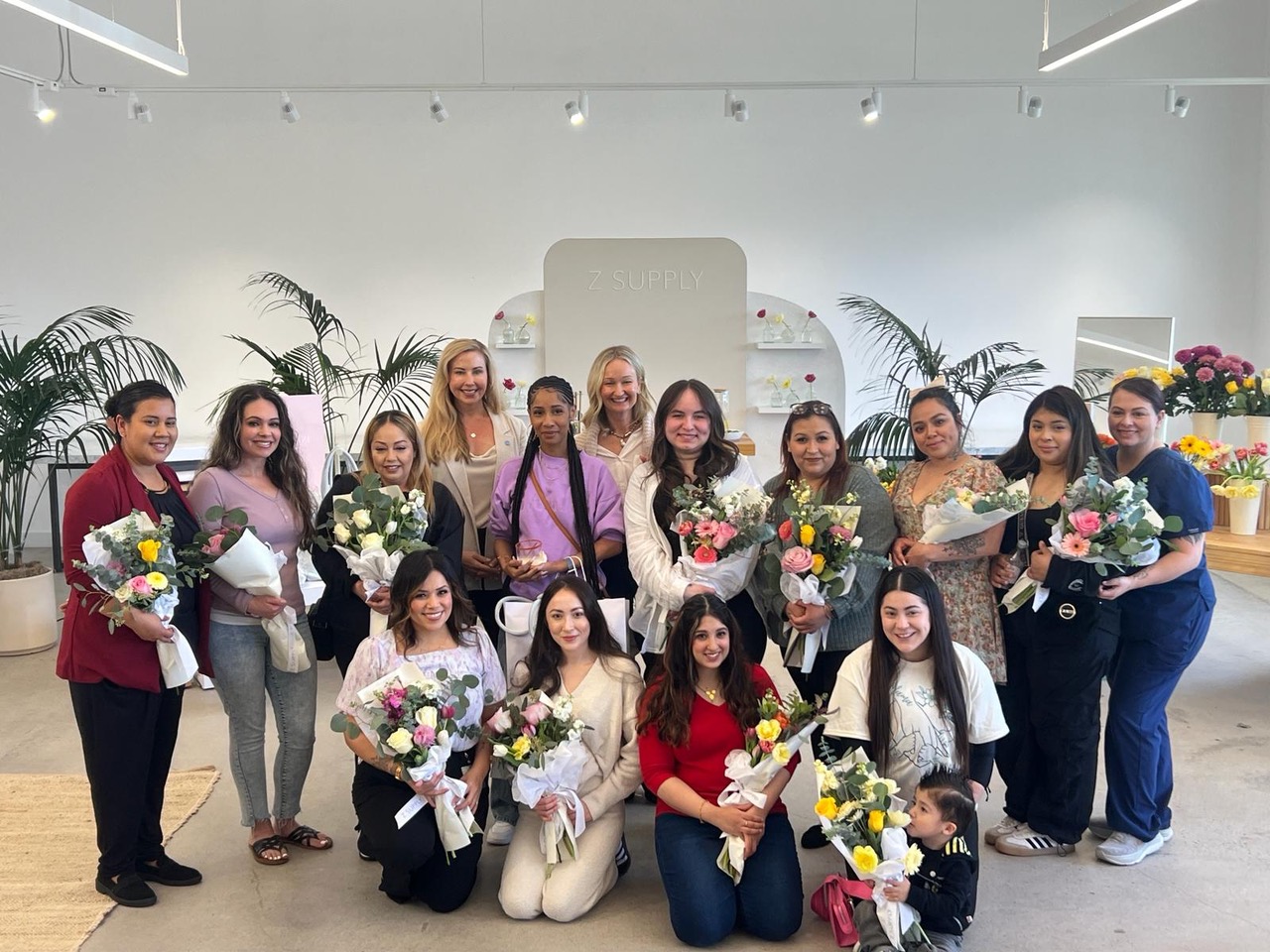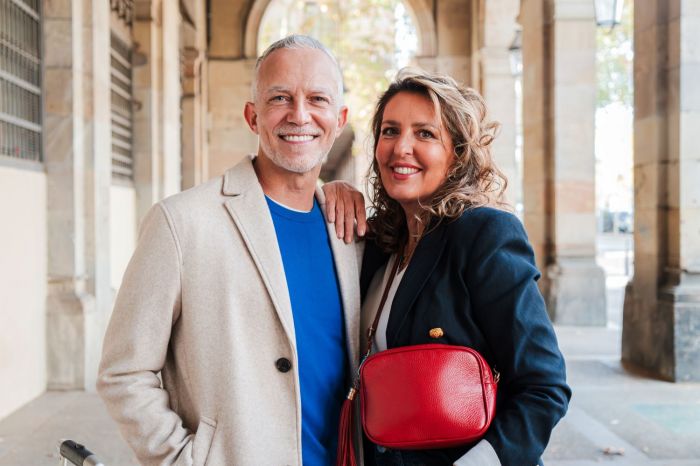I like to think of myself as an aspiring cook, I don’t have a lot of experience and I don’t like making mistakes so I’m curious to know how much good cooking technique comes down to pure science? People talk about flair and passion, trusting your instincts and experimenting with flavours but what if your like me and don’t know passion from delusion? Can’t we come up with the perfect scientific formula for each and every dish with precise amounts of each ingredient? And if we did, would it match momma’s “a bit of this and a bit of that” version, or would it be even better?!
I’ve obviously got a bit of a taste for mixing things together to reveal some wondrous or disastrous result. I think that’s really what life is about, after all, understanding thescience behind a lot of the mysteries in the natural world is what has advanced humanity to this point. I believe that everything is based on scientific formula so why should cooking be any different?
My interest in cooking was spiked when I decided to make a chocolate ganache for my sister’s birthday and found a “perfect ganache” recipe. As I measured and stirred, sifted and folded I wondered whether the author of this recipe had put on his lab coat, got all his ingredients together, lined up his equipment and measured each component with the accuracy of a geneticist until he found that “perfect” combination. Or did he follow his instincts and expect others following the recipe to do the same? When he says a cup of plain flour, does that mean a cup or does it mean a cup, give or take? I followed the recipe to the letter. I used good equipment and accurate scales so I knew there was no room for error. The result—a perfect ganache!
I watch cooking shows on TV and I must say I get very flustered with the amount of guess work involved in some of these masterpieces. Take Jamie Oliver for example, undoubtedly one of the top chefs in the UK but many of his recipes call for a knob of butter—what is a knob? How much exactly is a knob??
So I want to know—science or savvy, or both—what makes an accomplished chef? I’ve got a few recipes bolted to the ground. I think I’ve worked out the scientific formula for a pretty good Bolognese made the proper Italian way with lovely ground pork and beef, chicken livers and served with tagliatelle. I’ve nailed the best cheesecake and I don’t dare alter it, it’s the perfect balance of sweet and savoury. Any alterations I do make to a recipe (having done further research) are dutifully recorded in my palm pilot never to be altered again.
I suppose there is much more science needed when embarking on a sponge or a soufflé, baked goods in general require more accuracy, delicate dishes that require the perfect amount of eggs, milk, butter. But even then there’s not just one sponge recipe that everyone follows is there?
I can see that this obsession with the science of cooking could very well detract from the natural pleasure of cooking but as I said, I’m no Nigella Lawson. My instincts don’t readily provide the answer to the question of whether chicken and tarragon are a match made in heaven. I suppose the answer lies in experience. With time, practise, patience and observations your instincts can develop. Yes, I think I need to stop thinking about it all too much and let myself learn. My shrink is always telling me stop analysing everything, but I can’t help it, I love science!














